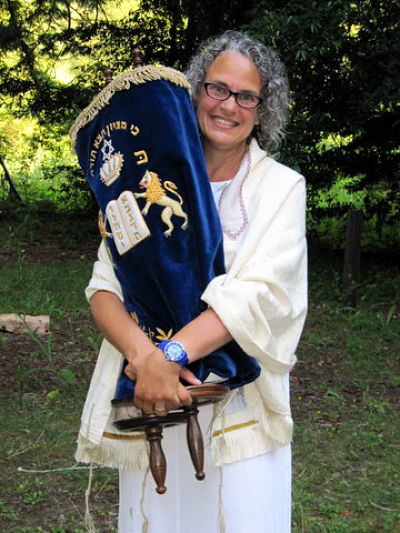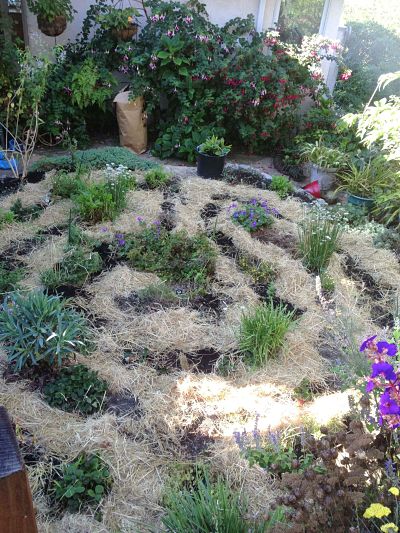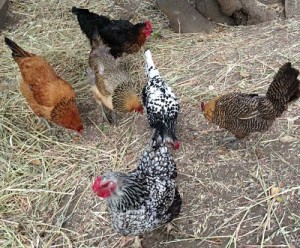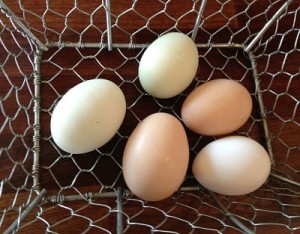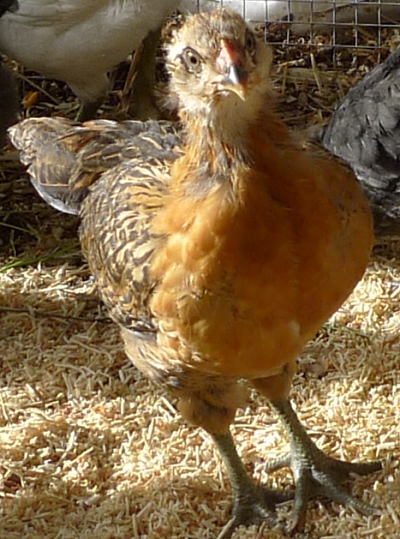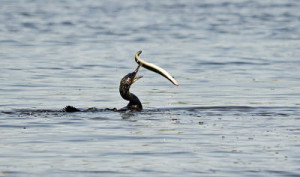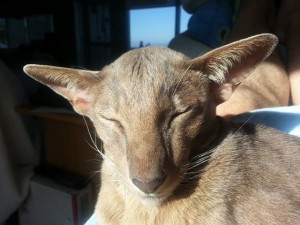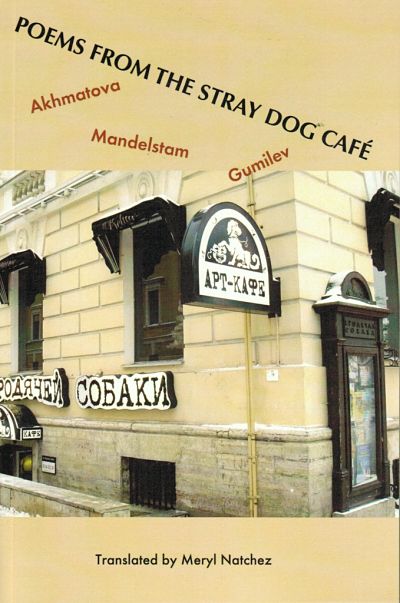 This poem, untitled when written, has since been labeled “Stalin Epigram.” Osip Mandelstam wrote it at the height of the Stalin purges, in 1933, and recited it to a literary gathering at Pasternak’s house. Someone at that gathering reported him, and he was exiled to a remote village and later arrested. He died on the way to Siberia. So in a way, this poem cost him his life.
This poem, untitled when written, has since been labeled “Stalin Epigram.” Osip Mandelstam wrote it at the height of the Stalin purges, in 1933, and recited it to a literary gathering at Pasternak’s house. Someone at that gathering reported him, and he was exiled to a remote village and later arrested. He died on the way to Siberia. So in a way, this poem cost him his life.
I will read this and other poems from my new book of translations, Poems from the Stray Dog Cafe: Akhmatova, Mandelstam, and Gumilev, at University Press Books in Berkeley on Thursday, September 26 at 6 pm.
Polina Barskova will read some of the Russian.
Мы живем, под собою не чуя страны,
Наши речи за десять шагов не слышны,
А где хватит на полразговорца,
Там припомнят кремлёвского горца.
Его толстые пальцы, как черви, жирны,
А слова, как пудовые гири, верны,
Тараканьи смеются усища,
И сияют его голенища.
А вокруг него сброд тонкошеих вождей,
Он играет услугами полулюдей.
Кто свистит, кто мяучит, кто хнычет,
Он один лишь бабачит и тычет,
Как подкову, кует за указом указ:
Кому в пах, кому в лоб, кому в бровь, кому в глаз.
Что ни казнь у него – то малина
И широкая грудь осетина.
May, 1933
Stalin Epigram
We live, but cannot feel the earth,
And if we speak, we can’t be heard.
But wherever you hear a half-conversation,
They talk of that backwoods lout in the Kremlin.
Ten fat fingers like greasy worms,
Each of his words weighs fifty pounds.
His moustache bristles in cockroach laughter,
And his polished jackboots glitter.
His gang surrounds him, a spineless crew,
Half-men who do what he tells them to.
Some growl, some whimper, some yowl and hiss,
But he alone rages and bangs his fists.
Decree on decree like horseshoes fly
At groin, forehead, eyebrow, eye.
Each execution—sweet as a berry,
To this broad-chested thug from Gori.
The full press release follows…. Continue reading “Poetry Monday” →
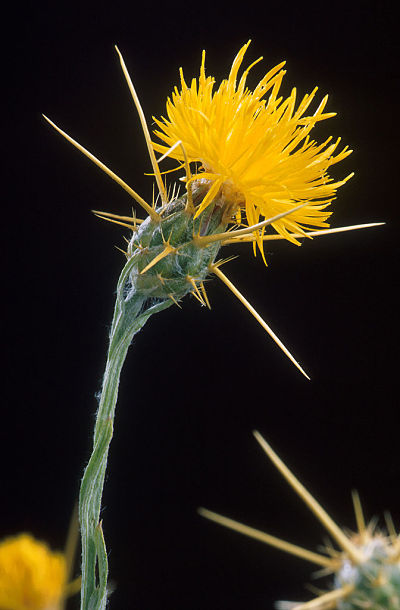 Star Thistle
Star Thistle


